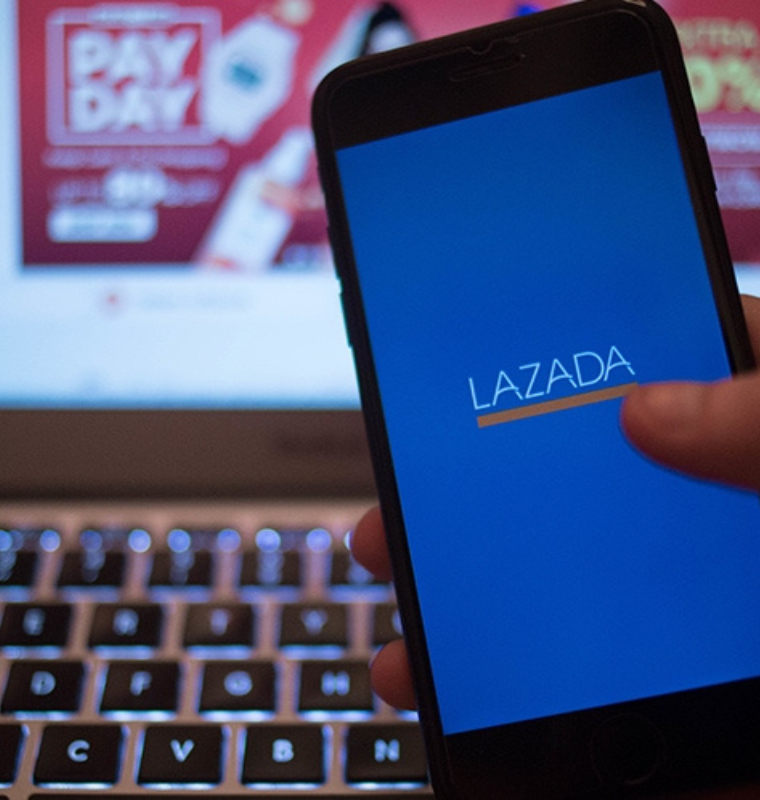Novo Nordisk Lowers 2025 Sales Forecast Amid Rising Competition from Generic Wegovy Alternatives
Novo Nordisk Lowers 2025 Sales Forecast Amid Rising Competition from Generic Wegovy Alternatives
By
Junia Wells
Last updated:
May 7, 2025
First Published:
August 3, 2025

Source: Fierce Pharma
Novo Nordisk, a global pharmaceutical leader, reported better-than-expected net profit for the first quarter of 2025. However, the company has revised its full-year sales growth forecast downward, attributing the adjustment to increasing competition from compounded versions of its blockbuster weight-loss drug Wegovy. While net profit exceeded predictions, sales of Wegovy fell short, reflecting the pressure from generic alternatives in the market.
Financial Performance Overview:
In the first quarter of 2025, Novo Nordisk recorded a net profit of 29.03 billion Danish kroner (approximately $4.4 billion), surpassing the 27.8 billion Danish kroner expected by analysts in an LSEG poll. This marks a significant financial achievement despite the challenges posed by copycat drugs. The company's total revenue for the period reached 78.09 billion Danish kroner, an 18% increase year-over-year, slightly below the projected 78.18 billion Danish kroner.
Impact on Wegovy Sales:
Sales of Wegovy, Novo Nordisk's popular obesity treatment, rose by 83% on a constant currency basis to 17.36 billion Danish kroner. However, this figure was slightly lower than the 18.51 billion anticipated by analysts. The company cited increased competition from U.S. compounding pharmacies as a significant factor in the reduced sales. Under an FDA ruling addressing drug shortages, these pharmacies had been legally producing generic versions of Wegovy. The shortage was declared over in February, giving pharmacies until May 22 to cease production.
Ozempic's Strong Performance:
Despite challenges with Wegovy, Novo Nordisk’s diabetes treatment Ozempic saw robust growth, with sales reaching 32.72 billion Danish kroner, surpassing forecasts of 31.5 billion. This growth highlights the company’s continued dominance in the diabetes medication market, even as it contends with competitive pressures on its weight-loss drugs.
Revised Outlook for 2025:
Novo Nordisk has adjusted its 2025 sales growth projection to a range of 13% to 21% at constant exchange rates, down from the previously forecasted 16% to 24%. Similarly, the operating profit growth forecast has been lowered from 19%–27% to 16%–24%. CEO Lars Fruergaard Jørgensen pointed to the rapid expansion of compounded weight-loss drugs in the U.S. as a primary reason for the reduced outlook.
Competitive Landscape and Strategic Moves:
The competition in the weight-loss drug market has intensified, with pharmaceutical giants like Roche, AstraZeneca, and AbbVie developing new treatments. Novo Nordisk's key U.S. rival, Eli Lilly, recently reported a 45% surge in first-quarter sales, driven by its weight-loss drug Zepbound, despite slightly lower-than-expected revenue due to reduced drug pricing.
Strategic Initiatives and Future Plans:
Looking ahead, Novo Nordisk plans to file for regulatory approval of its next-generation obesity drug candidate, CagriSema, in the first quarter of 2026. Additionally, the company is seeking U.S. approval for an oral version of its semaglutide treatment, which could become the first oral GLP-1 treatment for obesity. By diversifying its product line and advancing new innovations, Novo Nordisk aims to strengthen its market position against rising competition.
Market Reactions and Investor Sentiment:
Following the announcement, Novo Nordisk's shares rose by 4.25% in early trading, reflecting investor confidence in the company’s long-term strategy despite short-term challenges. The market’s positive response underscores the belief that Novo Nordisk's strong pipeline and established diabetes portfolio will sustain its profitability.
Novo Nordisk’s impressive profit performance in Q1 2025 highlights its resilience amid market challenges. However, the lowered sales forecast signals the impact of generic competition and underscores the importance of innovation in maintaining market leadership. As the company advances new drug developments and strategic initiatives, investors remain cautiously optimistic about its future growth trajectory.
Popular articles
Subscribe to unlock premium content
Drake’s OVO Sound Evolves Into a Lifestyle Empire

Beyoncé’s Wellness Retreats Redefine Luxury Lifestyle

Selena Gomez’s Plant-Based Café Takes the World by Storm

Drake’s OVO Sound Evolves Into a Lifestyle Empire

Beyoncé’s Wellness Retreats Redefine Luxury Lifestyle

Drake’s OVO Sound Evolves Into a Lifestyle Empire









